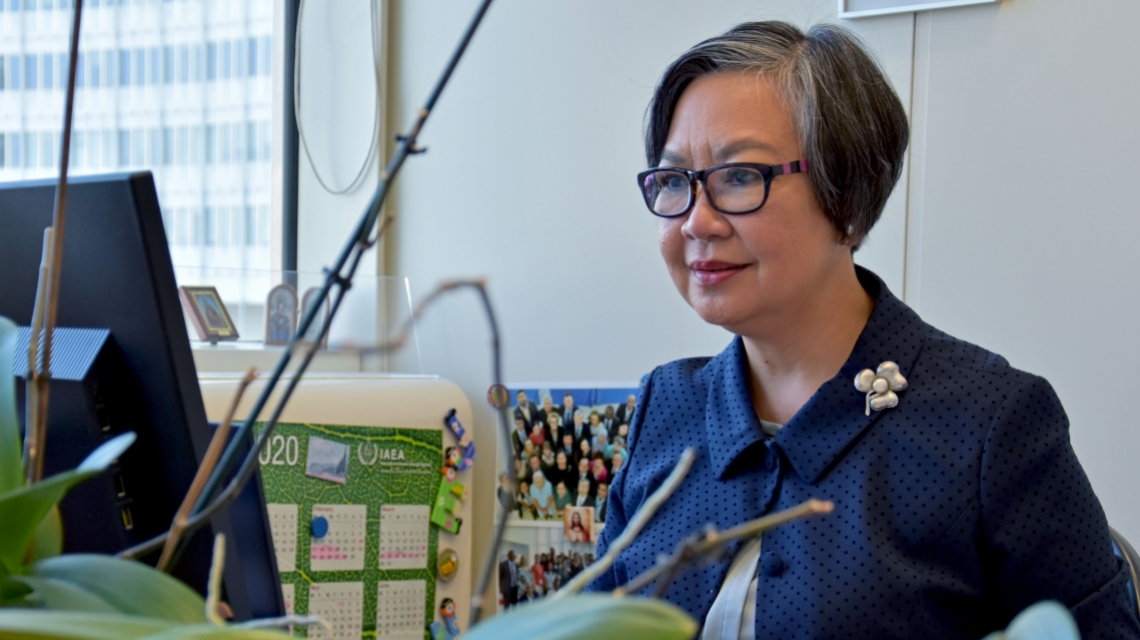On 18 September, representatives from 22 State Parties to the Regional Cooperative Agreement for Research, Development and Training Related to Nuclear Science and Technology for Asia and the Pacific (RCA) met virtually to deliver and receive reports on both recent and past achievements realized through the framework of the Agreement, and to build consensus around regional priorities and objectives for the coming years.
“At present, our global community is facing unprecedented challenges caused by the COVID-19 pandemic,” said Dazhu Yang, Deputy Director General and Head of the Department of Technical Cooperation, in his opening remarks to the meeting. “In such a difficult situation, I am pleased to note that the RCA has shown its solidarity, proactiveness, creativity and innovation in response to the crisis.”
“Despite the COVID-19 pandemic, which had a great impact on the timely delivery of RCA activities, we have developed and applied alternatives, such as virtual capacity building and e-learning, to meet the expectations established by our work plan,” said Pill Hwan Park, Director of the RCA Regional Office, who described the innovative measures taken to ensure the ongoing implementation of the regional programme in his opening remarks.
Programme Cycle Preparations
Many of the 110 national representatives, counterparts and coordinators provided updates following the recent conclusion of the 42nd Meeting of National RCA Representatives, held online in April 2020.
Among the main outcomes of that meeting was the prioritization and selection of project designs for submission to the IAEA Board of Governors.
Following a report delivered by counterparts working at the RCA Regional Office—located in Daejeon, South Korea—the attending representatives discussed the RCA’s medium-term strategy and the finalization of the regional RCA programme framework from 2024 to 2029.







